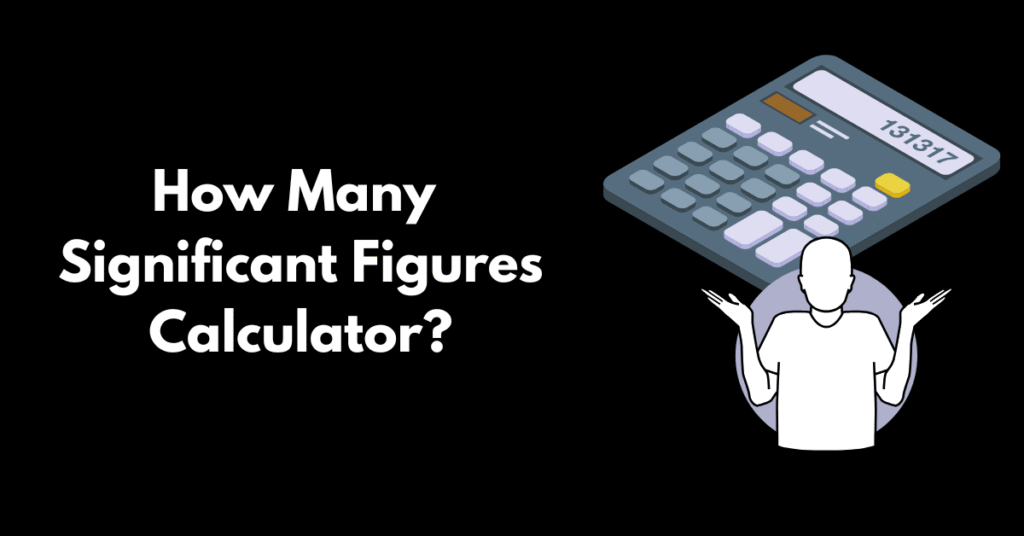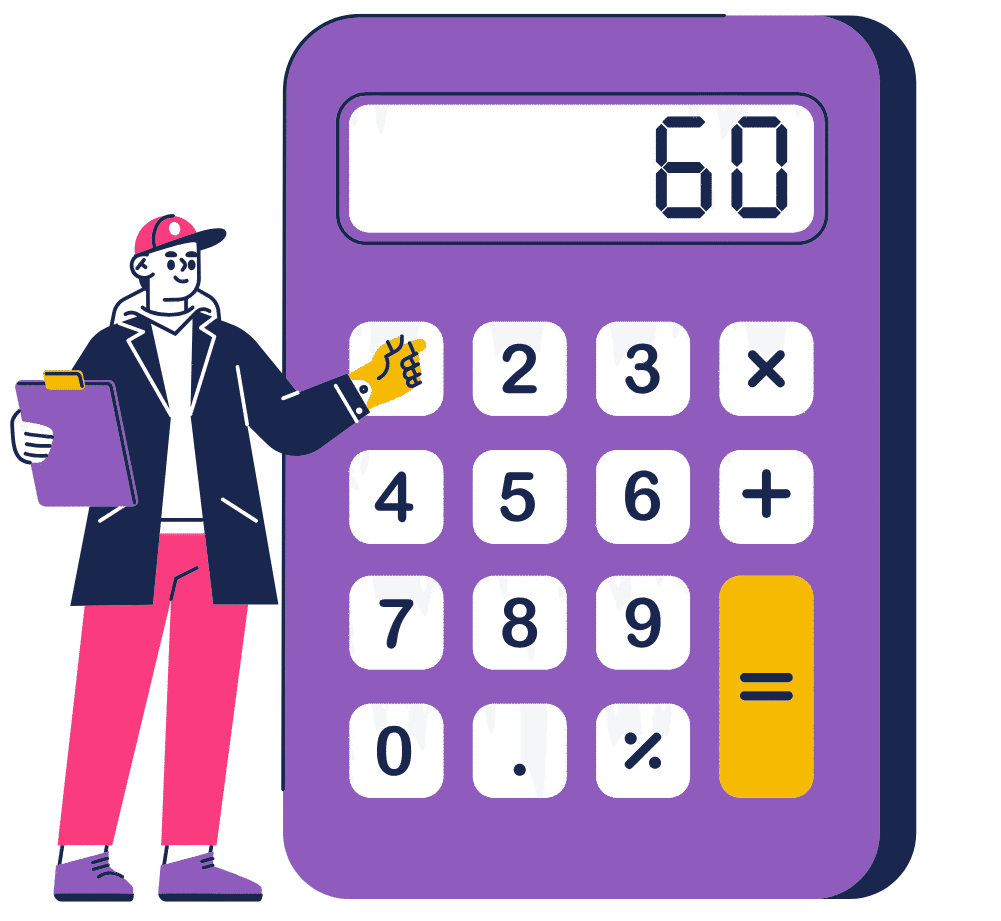Significant Figures Calculator (Sig Fig & Rounding)
A significant figures calculator counts and rounds digits that show measurement precision, using simple rules for zeros and standard rounding, and applies different rules for addition/subtraction versus multiplication/division.
This calculator counts and rounds significant figures for any number or math line. Enter a value, pick a mode, and get the correct sig figs, rounded result, and scientific notation.
Calculator Input (Enter Number or Expression)
Type a number or an expression like 5.13*3.78, then press Calculate. The tool shows sig fig count, rounded value, and scientific notation.
- Supports:
+ - * / ( ), scientific notation like6.02e23.
How to Use the Significant Figures Calculator
Enter a value, choose count or round, then read the output blocks. The tool shows “Sig Fig Count,” “Rounded to N Sig Figs,” and “Scientific Notation.”
- Pick Count or Round.
- Set N for rounding (e.g., 2, 3).

What are Significant Figures?
Significant figures show how precise a number is. They include all sure digits plus one estimated digit.
Examples:
12.3 has 3 sig figs; 0.050 has 2 sig figs; 100.0 has 4 sig figs.
How to Count Significant Figures (Rules & Method)
Use simple rules to count sig figs in any number.
- Non-zero digits count. Example: 357 → 3.
- Zeros between digits count. Example: 205 → 3.
- Leading zeros do not count. Example: 0.0012 → 2.
- Trailing zeros with a decimal count. Example: 2.500 → 4.
- Trailing zeros without a decimal are unclear. Example: 1500 → 2 to 4 (need context).
- Scientific notation keeps all digits in the coefficient. Example: 4.00×1024.00\times10^24.00×102 → 3.osit or WPS (Wage Protection System)
Rounding to Significant Figures (Mode)
Keep N digits from the first non-zero digit and round the next digit.
- If the next digit is 5–9, round up. If 0–4, keep.
- Example: 2648 to 3 sig figs → 2.65×10³; to 2 sig figs → 2.6×10³.
- Example: 0.00674 to 2 sig figs → 0.0067.
Significant Figures in Mathematical Operations
Use decimal places for +/− and sig figs for ×/÷.
Add/Subtract:
Match the least decimal places. Example: 3.10 + 2.4 → 5.5.
Multiply/Divide:
Match the least sig figs. Example: 1.6 × 2.4 → 3.8 (2 sig figs).
Mixed:
Do each step, apply the rule at each stage
How Many Significant Figures? (Quick Guide)
Read patterns to count fast.
- Integers with dot: 100.0 → 4; 10.0 → 3.
- Decimals with leading zeros: 0.001 → 1; 0.050 → 2.
- With units: 2.00 g → 3; 100.10 in → 5.
Supported Operators & Functions
Use +, −, ×, ÷, parentheses, and e notation.
Examples: 12.01*3, 41.34+1.561+0.1334, 4.0e-2.
Examples & Use Cases
These sample inputs show common needs.
- Count:
0.00208→ 3. - Round:
1047.78to 3 sig figs → 1.05×10³. - Multiply:
0.0322*6.5→ 0.21 (2 sig figs). - Divide:
18.90/14→ 1.35 (3 sig figs).
Conclusion
This significant figures calculator (sig fig calculator) gives fast, correct counts and rounding for any number or expression. Enter a value, choose count or round, and get sig fig count, rounded value, and scientific notation that follow classroom and lab rules. Use this sig fig counter and significant digits calculator for homework, labs, and reports.
